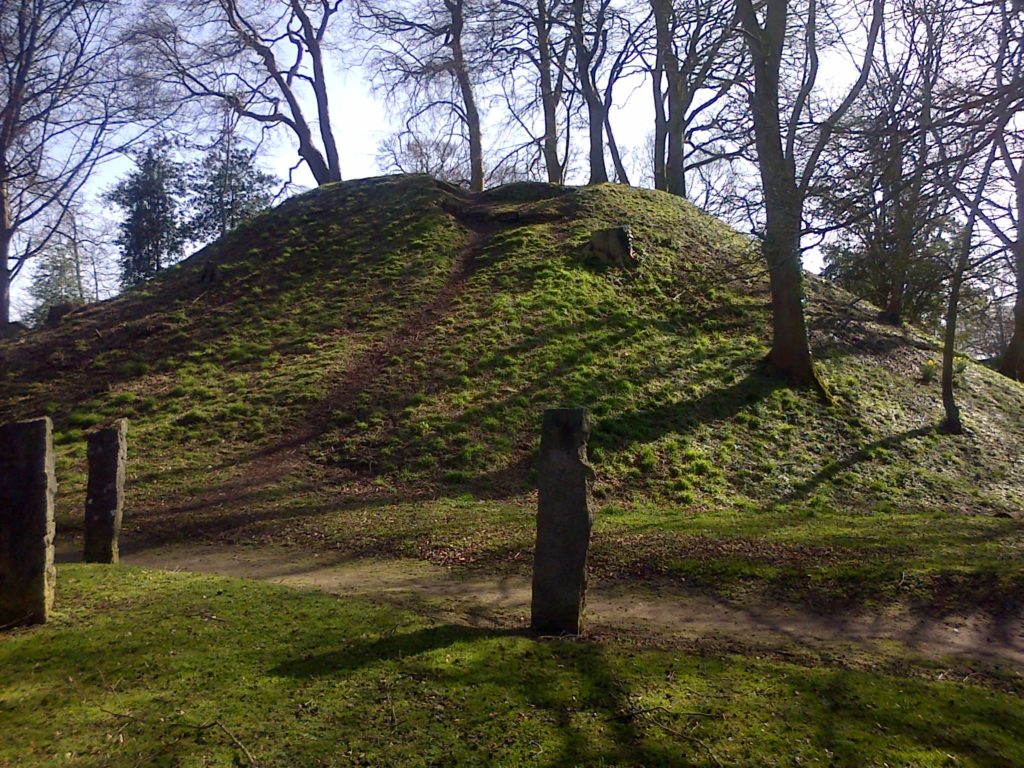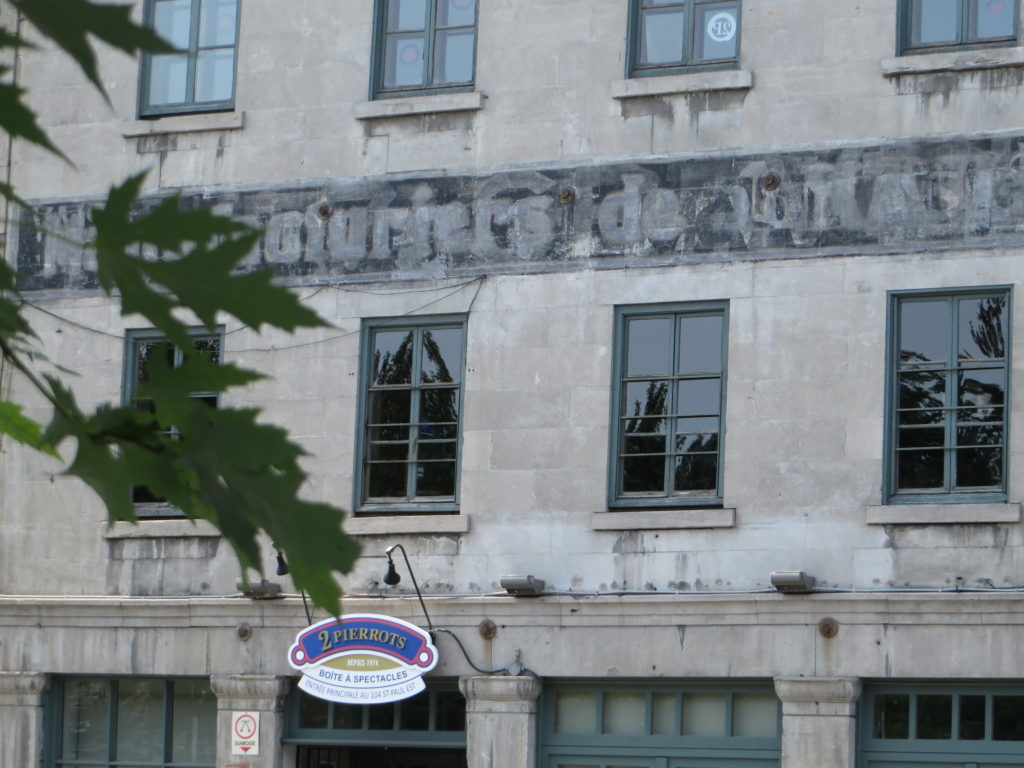Essex, the Fens, Suffolk, Sussex and London; 2018 has been a good year for books in which the landscape, be it the countryside or city streets, plays a prominent role. There is no such thing as psychogeographic fiction. However, there are novels in which the natural or built environment leaves an indelible mark upon the writer’s characters. Books in which the accumulated echoes of the past, of those who lived and died in a particular location, generation upon generation, make their presence known to those who live there today. Some such books are conscious explorations of the influence of landscape: the works of Iain Sinclair, Rebecca Solnit and W.G. Sebald come to mind. In other books I’m thinking about, most others in fact, the landscape plays the role of a major character inhabiting the narrative structure of the writer’s world.
One thing that strikes me when I consider the books I have read in 2018 is the preponderance of female writers. This was, in part, conscious and deliberate: I feel compelled to listen to those voices that were once drowned out. Pat Barker’s feminist reimagining of The Iliad is a perfect example of this. But it is also representational of the fact that more and more female writers are taking their creative imagining out into the fields and streets and claiming that territory as their own, or at least as much as it is that of male writers.
The flâneuse is alive and well: Lauren Elkin, on foot and in words, explored this concept in 2016. Several years before, Karen Van Godtsenhoven, now curator at the Metropolitan Museum of Art’s Costume Institute in New York, covered much of the same ground in her dissertation. My own interest in the idea of the flâneuse goes back even further: my dissertation for my English MA looked at this concept in the works of Virginia Woolf and Dorothy Richardson. Some of this exploration has resurfaced within this blog here, here and here.
There is a common misconception, even among people who are reasonably well-read and should know better, that it is only men who write about landscape. From Thomas Hardy to Iain Sinclair the literature of rural and urban topography is dominated by men, or so the argument goes. Women, if one is to stretch the argument ever more thinly, only write about interiors; the interior of the home and the heart. This, of course, is nonsense, and twentieth-century writers such as Mary Austin, Nan Shepherd and Annie Dinnard provide ample evidence of this point. Casting one’s net further back to include the preceding century, a time before any legislation promoting female emancipation, Emily Brontë made the Yorkshire Moors a powerful, brooding presence in Wuthering Heights and George Eliot’s Middlemarch provided a vivid evocation of provincial England.
So here is Psychogeographic Review’s list of recommendations for the year:
The Silence of the Girls – Pat Barker (Hamish Hamilton, 2018)
All Among the Barley – Melissa Harrison (Bloomsbury, 2018)
The Pisces – Melissa Broder (Bloomsbury, 2018)
The Great Level – Stella Tillyard (Chatto & Windus, 2018)
A View of the Empire at Sunset – Caryl Phillips (Vintage, 2018)
The Gloaming – Kirsty Logan (Harvill Secker, 2018)
Girl Balancing and Other Stories – Helen Dunmore (Hutchinson, 2018)
Crudo – Olivia Laing (Picador, 2018)
Modern Nature: The Journals of Derek Jarman, 1989 – 1990 – Derek Jarman (Vintage Classics, 2018)
The Pisces – Melissa Broder (Bloomsbury, 2018)
The Tunnel Through Time: A New Route for an Old London Journey – Gillian Tindall (Chatto & Windus, 2018)
Bird Cottage – Eva Meijer (Pushkin Press, 2018)
Trans-Europe Express: Tours of a Lost Continent – Owen Hatherley (Allen Lane, 2018)
The Immeasurable World: Journeys in Desert Places – William Atkins (Faber, 2018)
Ground Work: Writings on Places and People – ed. Tim Dee (Jonathan Cape, 2018)
Arkady – Patrick Langley (Fitzcarraldo, 2018)
Ghost Wall – Sarah Moss (Granta, 2018)
The Stone Tide – Gareth E Rees (Influx Press, 2018)
Milkman – Anna Burns (Faber, 2018)
Low Country: Brexit on the Essex Coast – Tom Bolton (Penned in the Margins, 2018)
Of course there are always other books to be read. Here are some of those not published in 2018, but which were read by this blog writer during the year. In this regard I’d like to recommend a literary podcast I’ve discovered during the course of this year which has become a firm favourite. Backlisted is hosted by John Mitchinson (publisher at Unbound) and Andy Miller (author of The Year of Reading Dangerously) and aims to give ‘new life to old books’.
Walter Benjamin: A Critical Life – Howard Eiland and Michael W Jennings (Harvard, 2014)
The Outrun – Amy Liptrot (Canongate, 2016)
Elmet – Fiona Mozley (Hodder & Stoughton, 2017)
Wise Blood – Flannery O’Connor (Faber & Faber, 1952)
A Good Man is Hard to Find – Flannery O’Connor (Faber Modern Classics, 1955)
The Sense of an Ending – Julian Barnes (vintage, 2011)
Alma Cogan – Gordon Burn (Secker & Warburg, 1991)
My Favourite London Devils – Iain Sinclair (Tangerine Press, 2016)
The Loney – Andrew Michael Hurley (John Murray, 2015)
Reservoir 13 – Jon McGregor (Harper Collins, 2017)
Two Serious Ladies – Jane Bowles (Alfred A Knopf, 1943)
Watling Street – John Higgs (Weidenfeld & Nicolson, 2017)
The Tiger in the Smoke – Margery Allingham (Penguin, 1952)
He Died With His Eyes Open – Derek Raymond (Secker & Warburg, 1984)
Look at Me – Anita Brookner (Penguin, 1983)
A State of Denmark – Derek Raymond (Serpent’s Tail, 1970)
Beyond Black – Hilary Mantel (Fourth Estate, 1975)
One Man & His Plot – Michael Leapman (Faber & Faber, 1975)
History of Britain in Maps – Philip Parker (Harper Collins, 2017)
So Long, See You Tomorrow – William Maxwell (Vintage, 1980)
The Goldfinch – Donna Tartt (Abacus, 2013)
The Underground Railroad – Colson Whitehead (Fleet, 2016)



